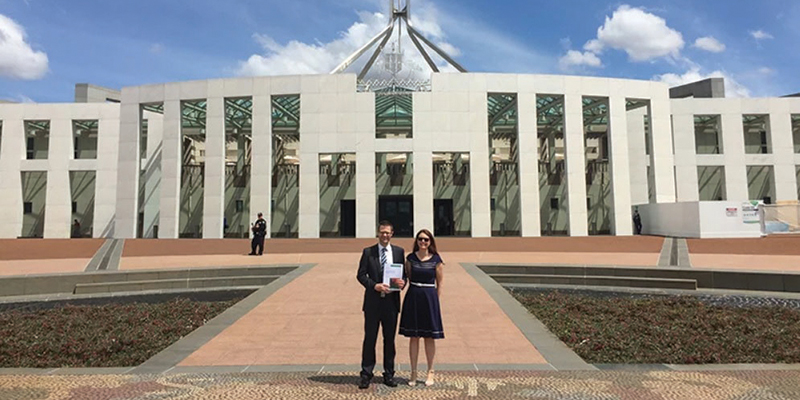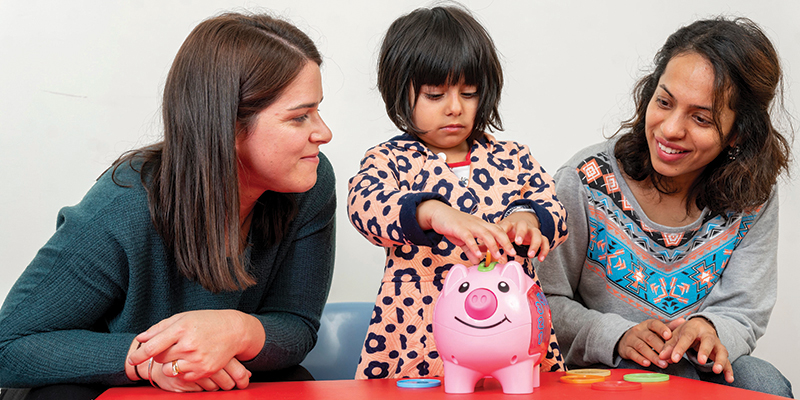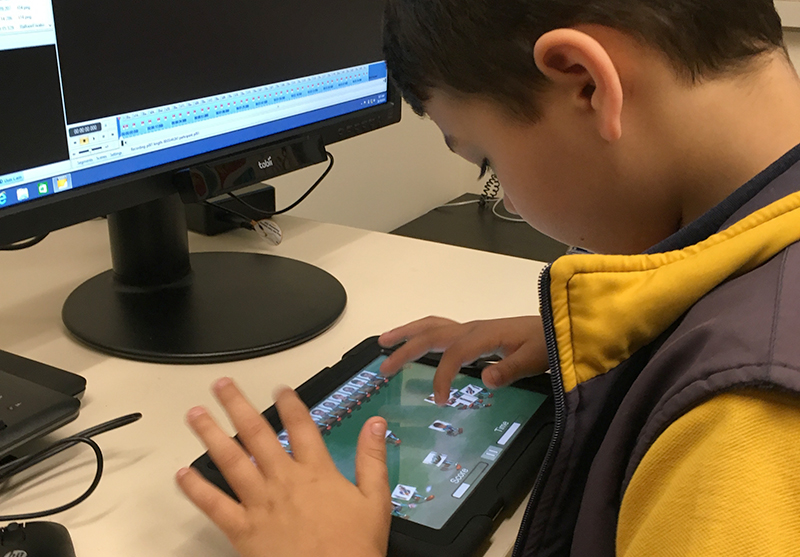Search

News & Events
National guideline provides uniform approach to autism diagnosisIn October 2018, the Autism CRC released A National Guideline for the Assessment and Diagnosis of Autism Spectrum Disorders in Australia.
Research
Vitamin D in fetal development: Findings from a birth cohort studyBirth cohort studies provide an invaluable resource for studies of the influence of the fetal environment on health in later life.
Research
Optimization is required when using linked hospital and laboratory data to investigate respiratory infectionsDespite a recommendation for microbiological testing, only 45% of children hospitalized for respiratory infections in our previous data linkage study linked...
Research
Does late childbearing increase the risk for behavioural problems in children? A longitudinal cohort studyThis study aimed to examine the relationship between advanced parental age and behavioural outcomes in offspring in a longitudinal cohort of children in...
Research
Experience of gastrostomy using a quality care framework: The example of rett syndromeGastrostomy assisted the management of feeding difficulties and poor weight gain, and was acceptable to families

News & Events
Unique CliniKids a marriage of research and practiceA unique new model developed by the The Kids autism research team marries cutting-edge research with clinical practice to offer families innovative, evidence-based interventions designed to help kids reach their full potential.
Research
DataSHIELD: taking the analysis to the data, not the data to the analysisDataSHIELD provides a novel technological solution that can facilitate the access of researchers and other healthcare professionals to individual-level data
Research
Rett syndrome: establishing a novel outcome measure for walking activity in an era of clinical trials for rare disordersThis study investigated the capacity of three accelerometer-type devices to measure walking activity in Rett syndrome
Research
Early mortality and primary causes of death in mothers of children with intellectual disability or Autism spectrum disorderMothers of children with intellectual disability or autism spectrum disorder (ASD) have poorer health than other mothers.
Research
School performance in children with type 1 diabetes: a contemporary population-based studyOur aim was to examine the school performance of children with type 1 diabetes in comparison to their peers, exploring changes over time, and the impact of...

News & Events
Frankie and Friends appResearchers at The Kids Research Institute Australia and University of Western Australia have recently published data describing the use of an attention training game designed for school-aged children diagnosed with autism spectrum disorder (ASD).
Research
Confirmation of childhood acute lymphoblastic leukemia Variants, ARID5B and IKZF1, and interaction with parental environmental exposuresThe polygenic nature of childhood ALL predisposition together with the timing of environmental triggers may hold vital clues for disease etiology.
Research
Early infant feeding and adiposity risk: from infancy to adulthoodIn our study, we aimed to examine early infant feeding and adiposity risk in a longitudinal cohort from birth to young adulthood using new as well as...

News & Events
Researchers call for the term ‘high functioning autism’ to be consigned to historyAutism researchers from The Kids Research Institute Australia have called for the term ‘high functioning autism’ to be abandoned because of the misleading and potentially harmful expectations it creates around the abilities of children on the autism spectrum.
Research
Autism likelihood in infants born to mothers with asthma is associated with blood inflammatory gene biomarkers in pregnancyMothers with asthma or atopy have a higher likelihood of having autistic children, with maternal immune activation in pregnancy implicated as a mechanism. This study aimed to determine, in a prospective cohort of mothers with asthma and their infants, whether inflammatory gene expression in pregnancy is associated with likelihood of future autism.
